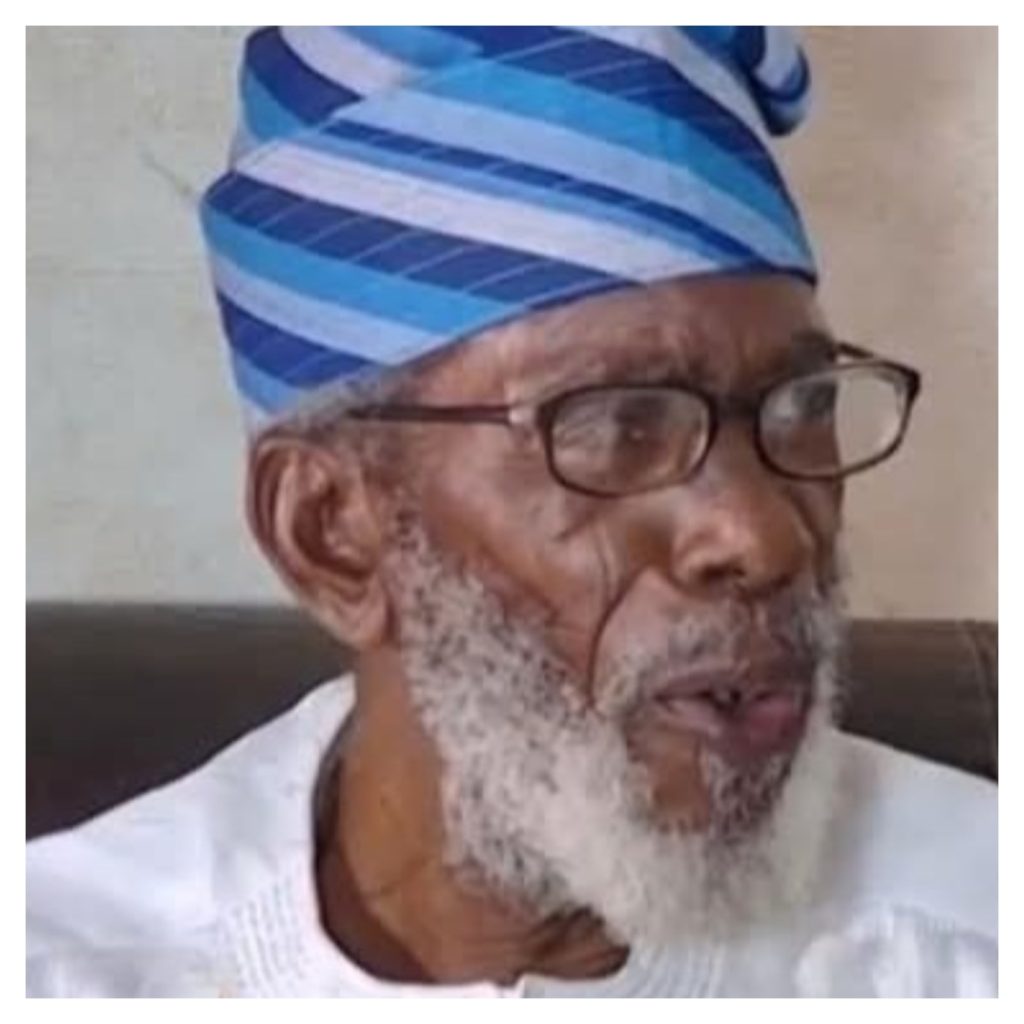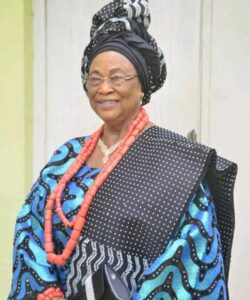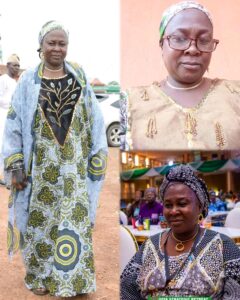
The Nigerian music scene has been thrown into mourning following the passing of Juju music legend, Ahuja Bello.
The iconic musician, who dominated the stage in the 1970s and 1980s with his pulsating rhythms and evergreen compositions, died in the early hours of Sunday—barely 24 hours after celebrating his 83rd birthday.
His son, Adetunji Bello, confirmed the sad development in a statement, describing his father as “a rare gem whose life was defined by music, resilience and an undying passion for his craft.”
Born Ismaila Dele Bello on August 24, 1942, in Iseyin, Oyo State, the late Juju maestro was more than just an entertainer. He was a pioneer who gave new life to Juju music, redefining its texture with his distinct voice, mastery of the guitar and the dexterity of his band, Ahuja Bello and His Golden Eagles, which he founded in 1976.
His songs—Awa ti Danfo and Ariya ti de—not only rocked the airwaves but also became household anthems at social gatherings across the South-West. His flair for showmanship set him apart, earning him legions of fans who thronged his performances.
Bello’s fame stretched beyond Nigeria’s borders. In 1979, he travelled to London where he recorded Ahuja in London. The trip proved historic as it brought him in contact with international stars, including reggae legend Bob Marley.
Sadly, his soaring career was cut short on July 24, 1982, when he was involved in an accident just weeks to his 40th birthday. Though the setback slowed him down, it did not erase his contributions to Nigeria’s cultural heritage.
Today, Ahuja Bello is remembered as one of the torchbearers of Juju music, a custodian of Yoruba musical tradition and a voice that helped define an era.
With his demise, another chapter closes in Nigeria’s rich musical history, but his melodies, like fine wine, continue to echo across generations.







![[PHOTOS] Engr. Nurudeen Adeyemi Balogun Visits APC National Secretary](https://newsbulletin.com.ng/wp-content/uploads/2026/01/1769627828939-300x300.jpg)

